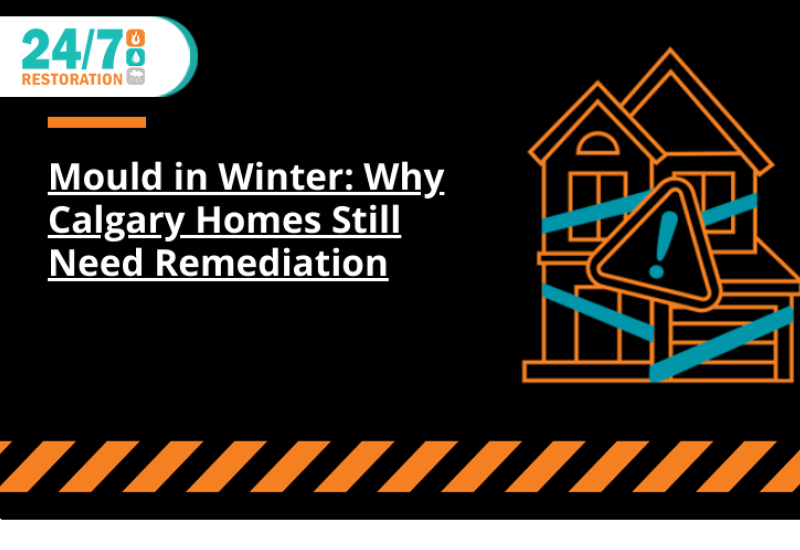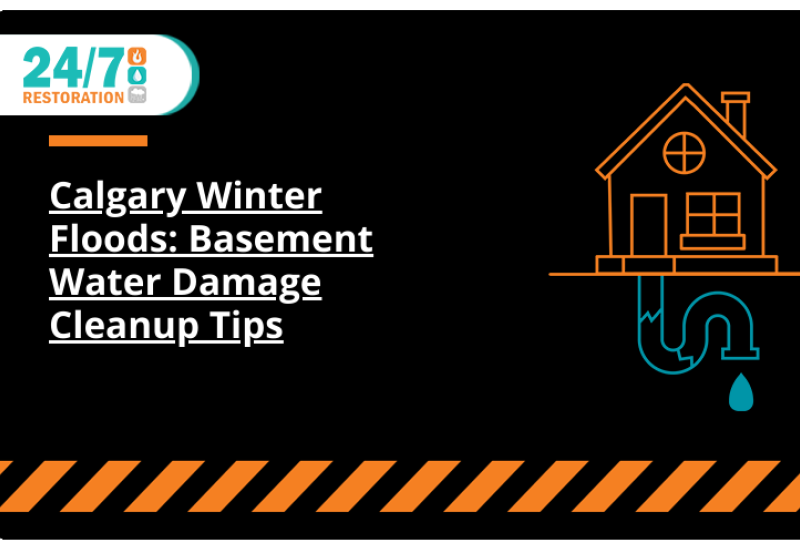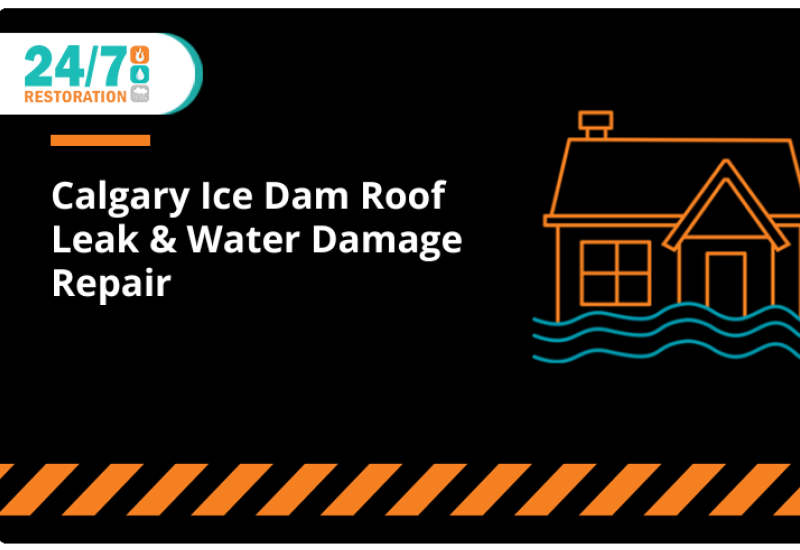PCBs are industrial chemicals that were commercialized and synthesized back in 1929. They are formally known as polychlorinated biphenyl, and although they were never manufactured in Canada they were widely used and distributed here. Up until the late 1970s, PCBs were used for a variety of purposes including the manufacturing of hydraulic systems, electrical equipment and heat exchangers
PCBs can cause very serious environmental problems. Because of this the government in Canada and in many other countries has taken action to eliminate its use. Some of clearest signs of environmental harm caused by PCBs show up in certain aquatic ecosystems and in species that primarily eat aquatic organisms. Since these chemicals are in the environment they can also end up in our foods, exposing many of us to low levels of this harmful material.
In 1977 the sale, manufacture and import of PCBs was made illegal in Canada. In 1985, the release of PCBs to the environment was made illegal. In 1988 Canada began regulating the storage, transport, handling and destruction of PCBs. Canadian legislation does, however, allow for owners of PCB equipment to continue using that equipment until the end of its life.
Though there have been major steps taken to reduce the use and production of the chemicals, damage to the environment still occurs from fires or spills that release PCBs. Some studies that look at the long-term, low-level exposure risks of PCBs suggest health problems could be as serious as damage to reproduction and the development of young children and newborns.
To reduce your risk of effects due to PCB exposure, here are a few tips:
- Don’t burn wood that has been treated or painted because some of these materials can contain PCBs
- Follow government advice regarding the consumption of sports fish and wild game or the preparation of these foods for eating
- If your workplace poses a risk of exposure to PCBs make sure you follow all decontamination procedures or contact a professional like 24/7 Restoration, and take all safety precautions.
If you would like more information on this topic, please don’t hesitate to give us a call.



